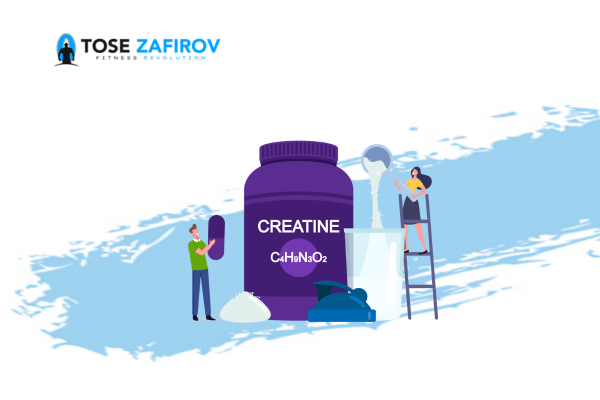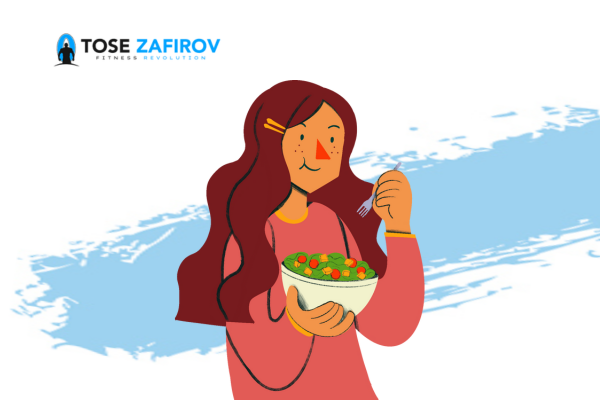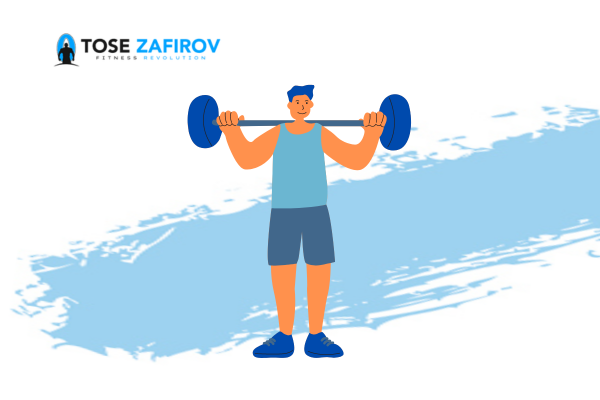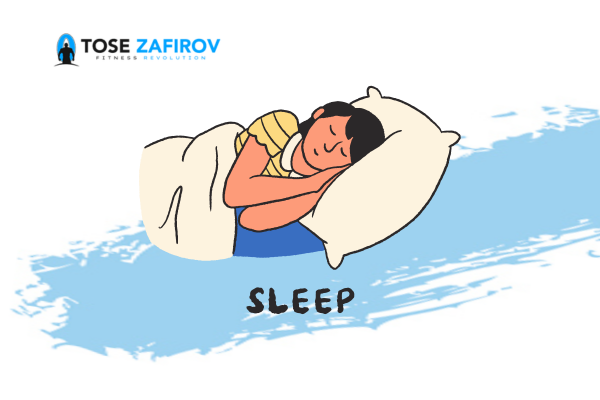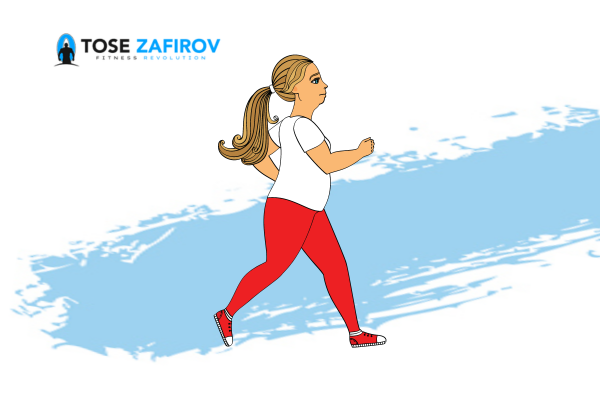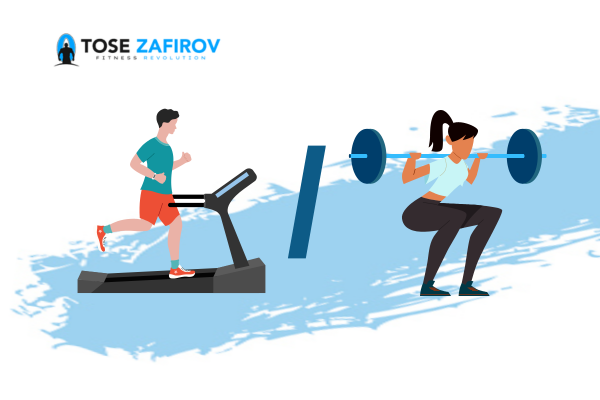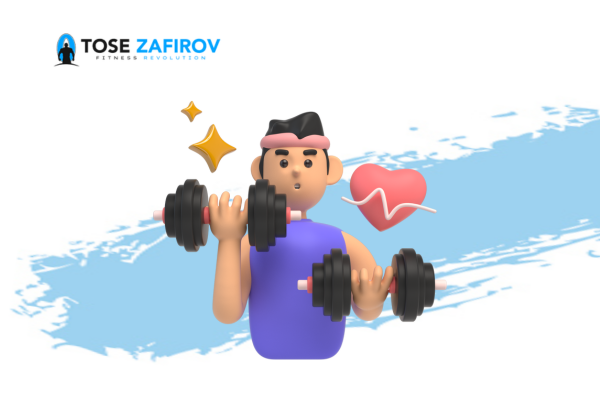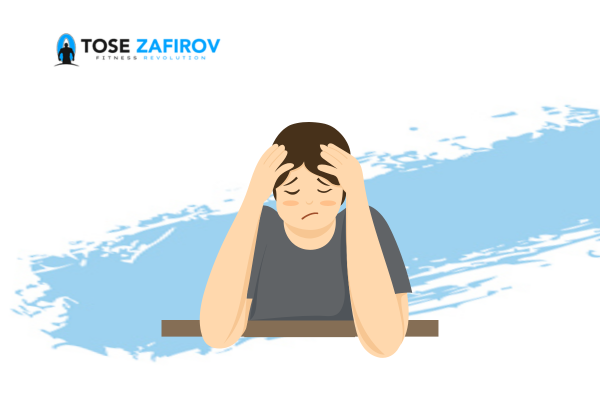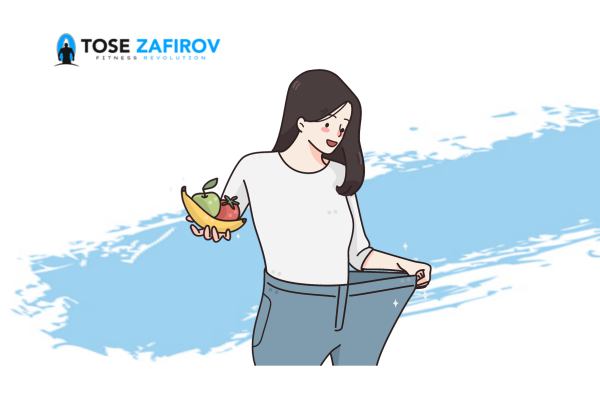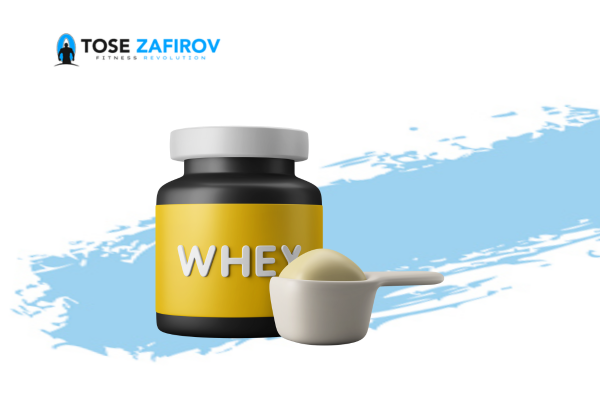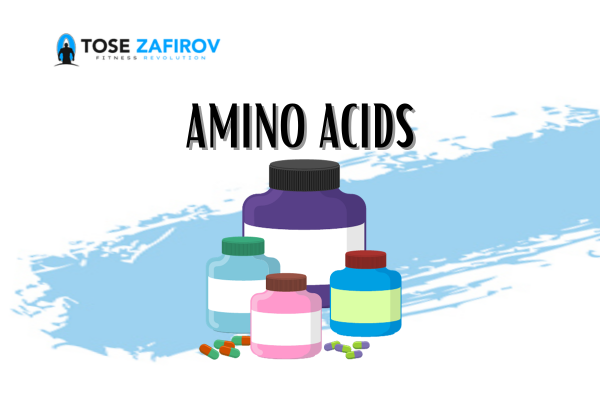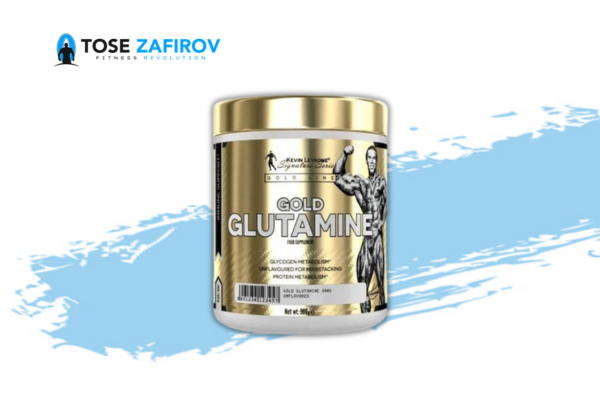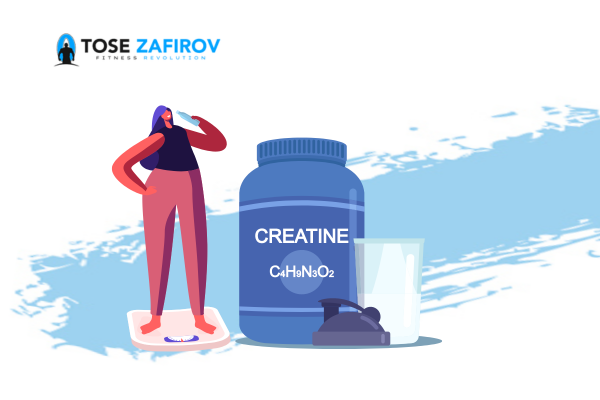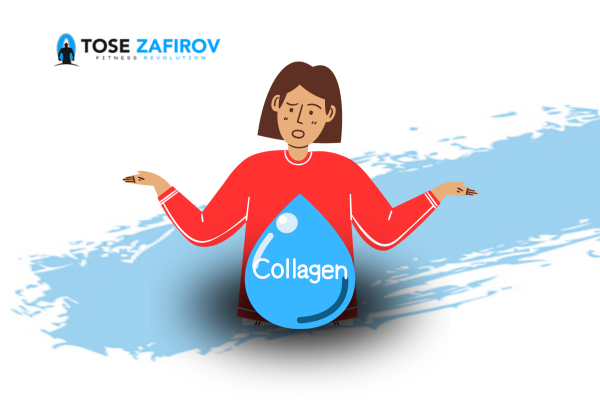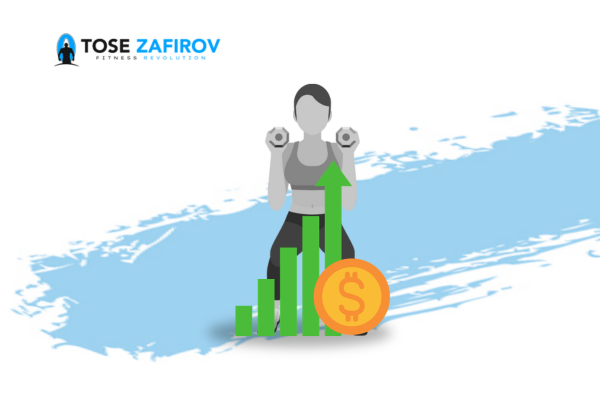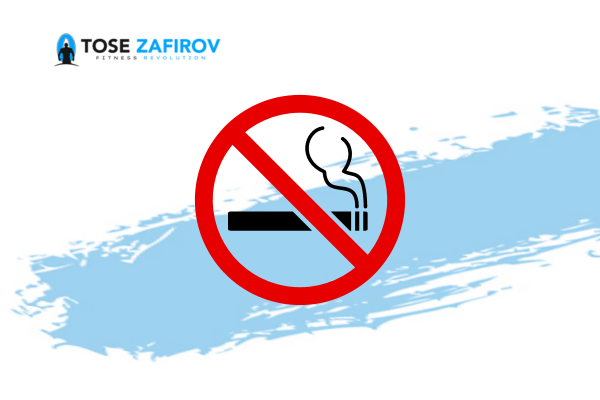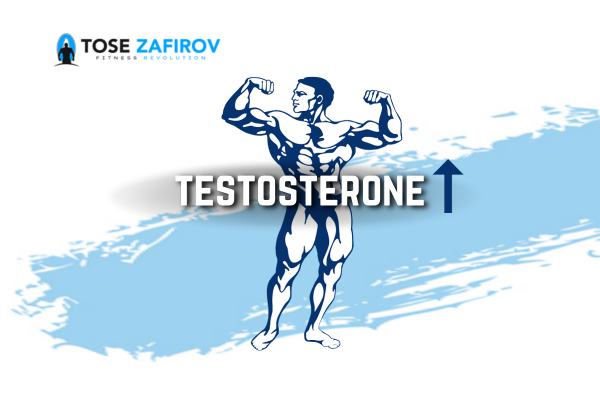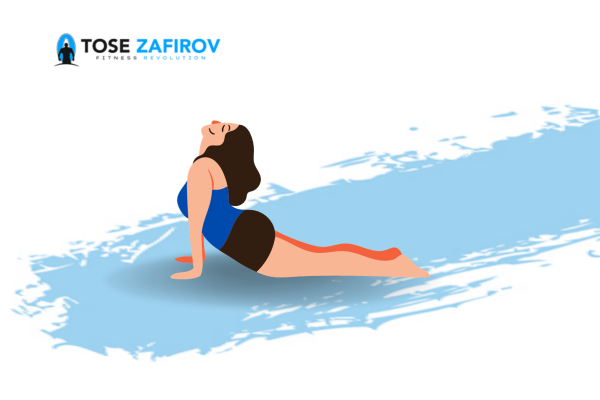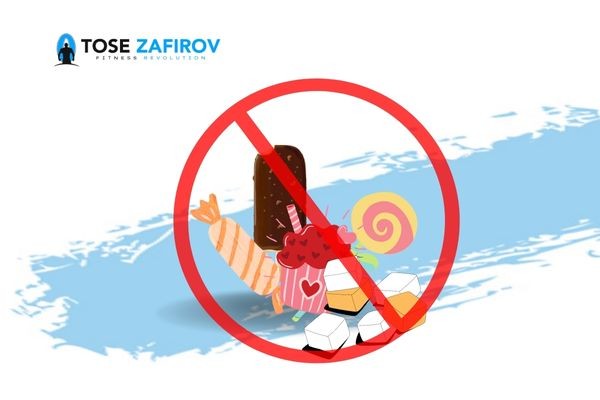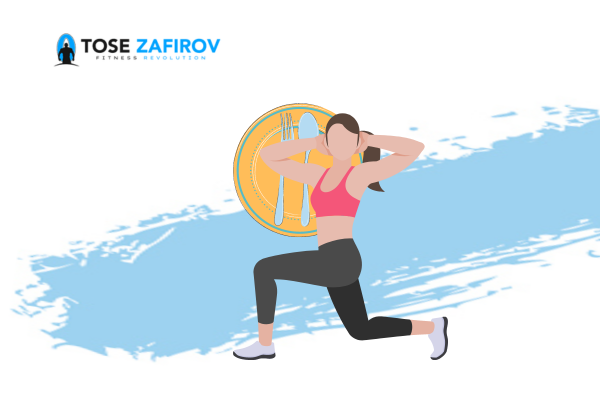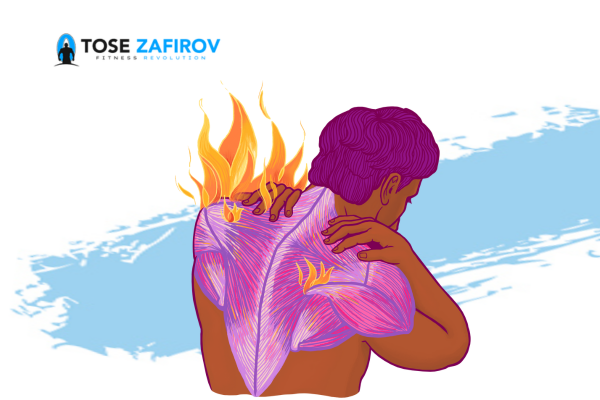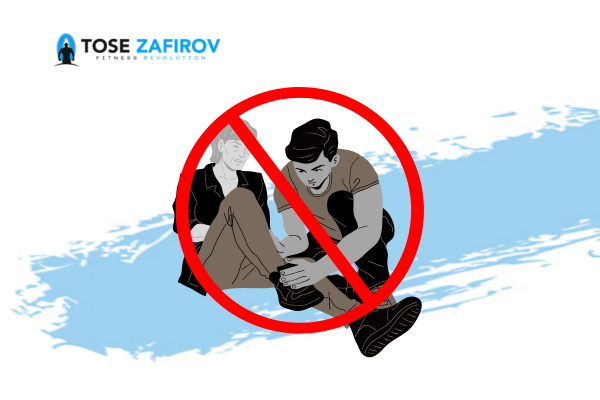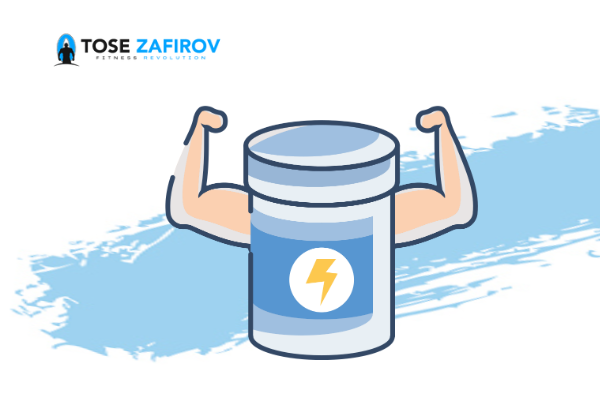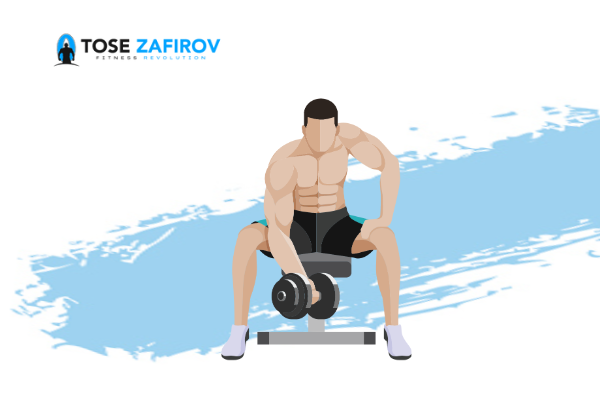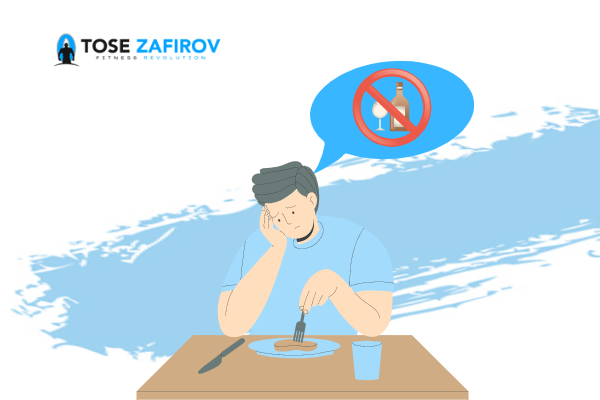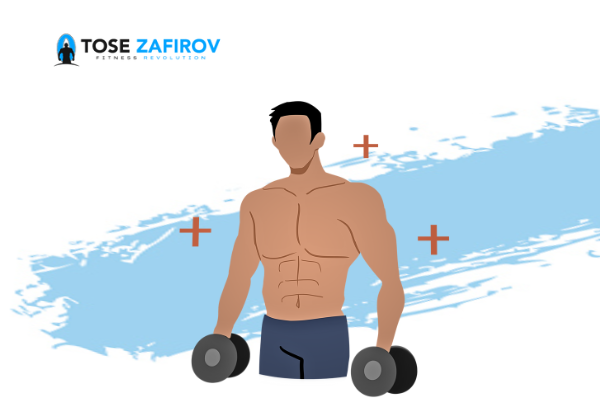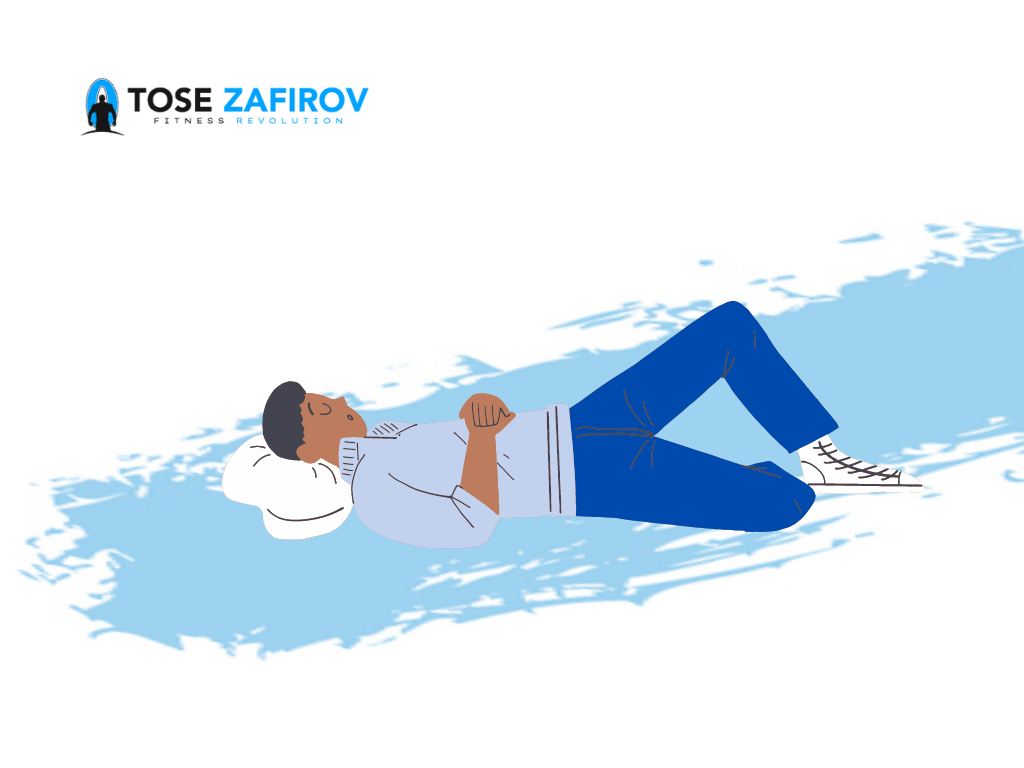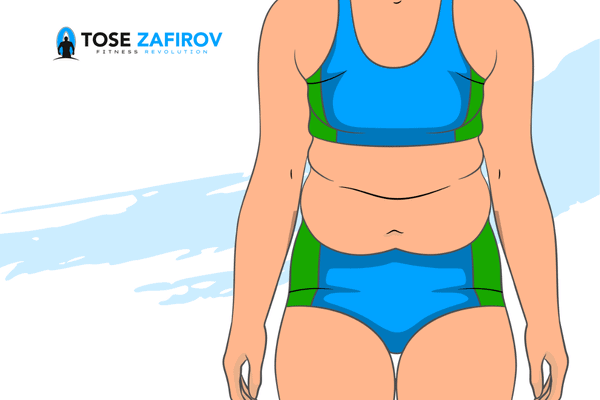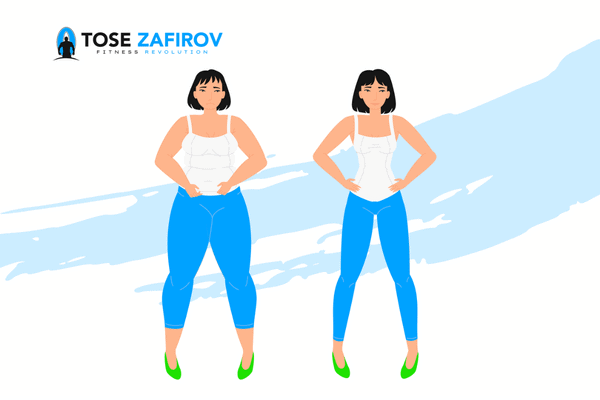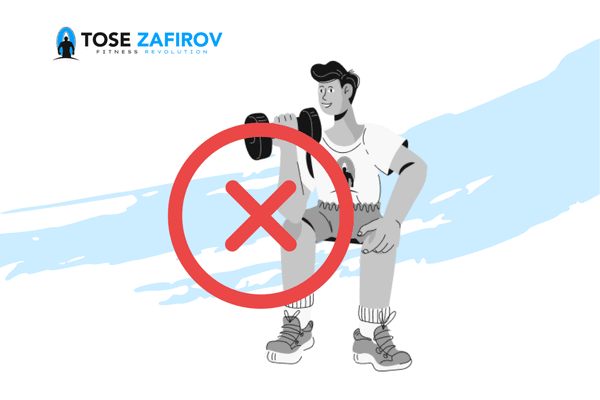There is always someone on a diet around us. Losing weight is something that thousands of people around the world strive for every day. The fight is hard and demanding. We should fight not only with the food we eat, but also with ourselves. Sometimes standing up against your own body is not an easy thing.
Key Takeaways:
- Carefully choose a diet that will suit you, without having any unwanted consequences
- A combination of regular exercise and a balanced diet is crucial for shedding fat and building muscle.
- Look for eating patterns that you can comfortably adopt as a lifestyle
- The quantity of food we consume plays a significant role in maintaining a healthy weight. Portion control is essential to prevent overeating and promote weight management.
- While diets play a crucial role in weight management, they should be complemented by regular physical activity
5 Diets That Are Supported by Science
While many diets may work for you, the key is finding one you like and can stick to in the long run.
Here are 5 healthy diets that are scientifically proven to be effective.
1.Mediterranean Diet
The Mediterranean diet is one of the most beneficial, according to specialists. It contains wonderful products that bring only essential nutrients to the body.
The Mediterranean diet is based on the traditional diet of the people of the Mediterranean. Key components of the diet: olive oil, vegetables, fruits, whole grains, legumes, and nuts. MD allows moderate consumption of lean meat, fish, dairy products, and red wine, limits the consumption of red meat, processed food, sugar.
The benefits of the Mediterranean diet are reducing the likelihood of being overweight and obese. The anti-inflammatory and antioxidant effects of the diet are associated with a reduced risk of cardiovascular problems and cancer. A Mediterranean diet is more effective than a low-fat diet in increasing blood glucose and insulin levels in people with diabetes.
Note
2.Paleo Diet
The paleo diet or caveman diet includes foods that our ancestors ate – fruits, meats, vegetables, seeds.
Paleo has been classified as a fad diet because it restricts many foods, including dairy, legumes and grains. In addition, critics have pointed out that it isn’t practical or even possible to eat the same foods that our prehistoric ancestors did.
However, the paleo diet is a balanced, healthy way of eating that eliminates processed foods and encourages its followers to eat a wide variety of plant and animal foods.
In addition, studies suggest that the paleo diet may also help you lose weight and become healthier
In one study, 70 obese older women followed either a paleo diet or a standard diet. After six months, the paleo group had lost significantly more weight and abdominal fat than the other group. They also had a reduction in triglyceride levels in the blood
What’s more, this way of eating may promote the loss of visceral fat, the particularly dangerous type of fat found in your abdomen and liver that promotes insulin resistance and increases the risk of disease.
In a five-week study, 10 obese older women who ate a paleo diet lost 10 pounds (4.5 kg) and had a 49% reduction in liver fat, on average. In addition, the women experienced reductions in blood pressure, insulin, blood sugar and cholesterol
Note
The paleo diet is based on ancestral eating principles that focus on whole, unprocessed foods. Research suggests it may help you lose weight and improve your overall health.
3. Low carb
Low-carb diets have been associated with several health benefits and are often used to support weight loss and manage blood sugar levels.
There are several types of low-carb diets, and they differ based on the amount of carbs allowed each day. A typical low-carb diet usually contains less than 26% of total daily calories from carbs. For those following a 2000-calorie diet, this equals less than 130 grams of carbs per day. Generally, low-carb diets limit foods high in carbs or added sugar, including sweets, starches, and refined grains.
However, the foods you’re allowed on a low-carb diet can vary depending on your daily carb allotment. Even higher-carb foods like fruits, starchy vegetables, and whole grains can fit into some low-carb diets in moderation.
Pro Tip
Thereare several types of low carb diets, which vary in terms of the amount of carbs that are permitted each day. Generally, most low carb diets limit foods high in added sugar and carbs, like sweets, starches, and refined grains.
4.The vegan diet
The vegan diet has become very popular. More and more people have decided to go vegan for ethical, environmental, or health reasons.
This type of diet may result in various health benefits, including improved blood sugar control and heart health. It can also help you lose weight if that’s your goal.
But a diet based exclusively on plant foods may, in some cases, increase your risk of nutrient deficiencies. That’s where this detailed beginner’s guide to the vegan diet comes in. It aims to cover everything you need to know, so you can follow a vegan diet in a healthful way
Important
Lack of consumption of a certain number of substances substances (proteins, eicosapentaenoic acid, docosahexaenoic acid, retinol, vit-n B12, certain, zinc). Vegetarian diet Unlike the vegan diet, the vegetarian diet contains eggs, animal products, dairy products, honey and plant foods, while only fruits and vegetables are used.
5.Gluten-free diet
A gluten-free diet is usually recommended for people suffering from celiac disease or gluten intolerance. However, many turn to it without having this suffering, because the exclusion of bread and pasta has a beneficial effect on the figure.
Reducing or eliminating dough is difficult, but the benefit is that you can make the effort to simply reduce them drastically or at least refine them heavily. Emphasizing quinoa, brown rice is the healthy alternative that a gluten-free diet provides.
A wheat allergy occurs when your body creates antibodies to wheat proteins causing a potentially serious anaphylactic reaction. It’s important to see a health professional who’s experienced with gastrointestinal issues to help reach the correct diagnosis.
If you have celiac disease, it’s important that you avoid gluten completely to help prevent severe discomfort and side effects. If you have NCGS, you may be able to significantly reduce your gluten intake and have a resolution of symptoms
Those with wheat allergy will need to avoid any wheat in their diet, which means that may also follow a strict gluten-free diet
Bonus
Detox diet
This program builds on the new lifestyle. First, salt and sugar are removed. Success lies in 28 days, especially in the first 7 days the results are most impressive. By removing salt from your body, you will lose a lot of weight and a lot of fat, while keeping your muscles and feeling the tightening of your skin. Also, your skin will be smoother, and you will lose wrinkles, while muscle tone will improve. It helps the body to balance metabolism and hormones. An excellent and precisely balanced diet for vegetarians, replacing meat with vegetarian products. For the first 28 days, only cardio or walking is recommended. What is needed for energy and health: The whole body must function optimally so that billions of cells can supply us with energy. With the combination of this program and nutrition, you help the cells, and thus the immune system, energy and regeneration. Thousands of users are very satisfied with this program.
Pro Tip
To learn more about this diet, visit the fitness group of Tose Zafirov, where we can try this diet together
6 Things the World’s Most Successful Diets Have in Common
- Low in Added Sugar: Added sugar is one of the unhealthiest aspects of the modern diet. What’s more, sugar provides empty calories, as it supplies many calories but virtually no essential nutrients. There is universal agreement that a high intake of added sugar is unhealthy, and most successful diets recommend limiting it.
- Eliminate Refined Carbs: Refined carbs — which are sugar and processed starchy foods, including grains, that have had most of the fiber removed — are another ingredient that nutrition experts agree is unhealthy. All successful diets eliminate refined grains like wheat flour, while some diets like paleo and low-carb ban grains altogether.
- Avoid Vegetable Oils High in Omega-6 Fat: Many diets encourage lower intake of omega-6-rich vegetable oils like soybean or canola oils. Still, it remains unknown whether or not these oils are harmful.
- Eliminate Artificial Trans Fats: Trans fats are made by hydrogenating vegetable oils. Many studies show a link to inflammation and conditions like heart disease. Its use has been limited or banned in many countries, including the United States.
- High in Vegetables and Fiber: All successful diets emphasize eating plenty of vegetables and — in most cases — fruit. These foods are high in antioxidants and healthy prebiotic fibers.
- Focus on Foods Instead of Calories: Most successful diets emphasize a lifestyle change that includes whole foods — and let weight loss follow as a natural side effect.
The Bottom Line
There are so many diets out there that it can be stressful to simply find just one to try.
However, it is important to know that some diets are more thoroughly researched than others. Whether you’re looking to lose weight or simply improve your overall health, try to find diets that are backed by research.


